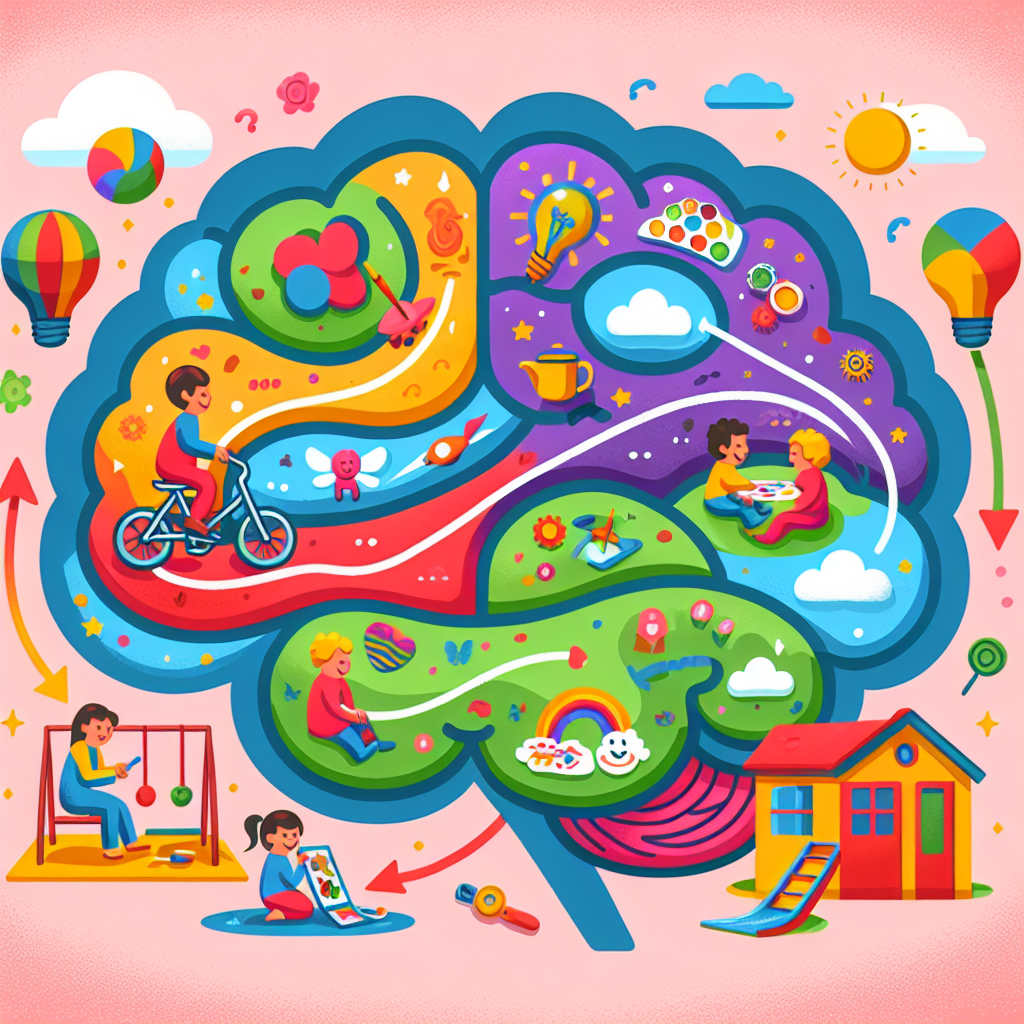Early childhood experiences play a crucial role in shaping a person’s psychological development. These early experiences can have a lasting impact on a person’s cognitive, emotional, and social development. Understanding the influence of early childhood experiences on psychological development is essential for parents, educators, and mental health professionals to help children reach their full potential and lead fulfilling lives.
Early childhood experiences refer to the interactions, environments, and events that happen during the first few years of a child’s life. These experiences can include interactions with parents, caregivers, siblings, peers, teachers, and other significant adults in a child’s life. They can also include exposure to different environments, such as home, school, daycare, and community settings. Additionally, early childhood experiences can include traumatic events, such as abuse, neglect, or other adverse childhood experiences.
Research has shown that early childhood experiences can have long-lasting effects on a person’s psychological development. For example, children who experience a secure attachment with their caregivers tend to develop a sense of trust, empathy, and self-esteem. On the other hand, children who experience insecure attachment may struggle with emotional regulation, self-esteem, and forming healthy relationships later in life.
Early childhood experiences also play a significant role in shaping a person’s cognitive development. Children who are exposed to a stimulating environment with opportunities for play, exploration, and learning tend to develop strong cognitive skills, such as problem-solving, critical thinking, and creativity. On the other hand, children who experience neglect or maltreatment may struggle with cognitive skills, such as attention, memory, and language development.
Furthermore, early childhood experiences can impact a person’s social development. Children who have positive interactions with peers, teachers, and other adults tend to develop strong social skills, such as empathy, communication, and cooperation. On the other hand, children who experience social isolation or bullying may struggle with forming friendships, resolving conflicts, and fitting in with their peers.
In addition to these effects, early childhood experiences can also influence a person’s emotional development. Children who experience a nurturing and supportive environment tend to develop strong emotional regulation skills, resilience, and a positive outlook on life. On the other hand, children who experience trauma or adversity may struggle with emotional regulation, anxiety, depression, or other mental health issues.
Overall, early childhood experiences have a profound impact on a person’s psychological development. These experiences shape a person’s beliefs, attitudes, values, and behaviors, which can influence their mental health, relationships, and overall well-being throughout their lifespan. Understanding the influence of early childhood experiences on psychological development can help parents, educators, and mental health professionals support children in reaching their full potential and overcoming any challenges they may face.
FAQs:
Q: How can parents support their child’s psychological development during early childhood?
A: Parents can support their child’s psychological development by providing a nurturing and supportive environment, fostering a secure attachment relationship, encouraging play, exploration, and learning, and seeking professional help if needed.
Q: What are some common signs that a child may be experiencing psychological difficulties due to early childhood experiences?
A: Some common signs include changes in behavior, mood, or sleep patterns, difficulties in social interactions or school performance, anxiety, depression, or other mental health issues.
Q: Can early childhood experiences be changed or reversed?
A: While early childhood experiences can have a lasting impact on a person’s psychological development, it is possible to change or reverse these effects through therapy, support, and interventions that promote healing and growth.
Q: How can educators support children who may have experienced trauma or adversity in early childhood?
A: Educators can create a safe and supportive learning environment, provide opportunities for social and emotional learning, offer counseling and support services, and collaborate with parents and mental health professionals to address the needs of these children.
Q: What are some resources for parents, educators, and mental health professionals to learn more about the impact of early childhood experiences on psychological development?
A: Some resources include books, articles, online courses, workshops, conferences, and organizations that focus on child development, trauma-informed care, and mental health.




Leave A Comment